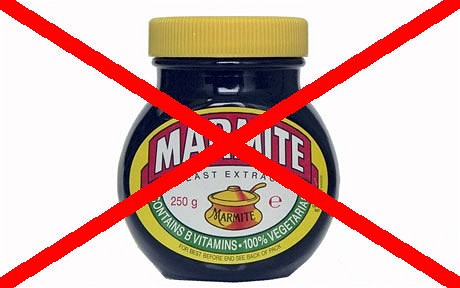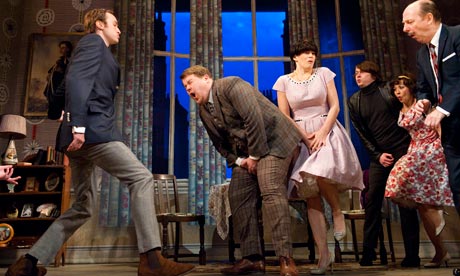 There’s something in the wind. The natives are restless. Those yips and harrowing screeches bode ill for the Cameroonie Fifth Cavalry.
There’s something in the wind. The natives are restless. Those yips and harrowing screeches bode ill for the Cameroonie Fifth Cavalry.
Fox hunting
In particular one particular hunting party has it in for Dr Liam Fox. Scalp-taking is the order of the day.
 The Guardian has Werritty was running Atlantic Bridge out of Fox’s parliamentary office.
The Guardian has Werritty was running Atlantic Bridge out of Fox’s parliamentary office.
The Torygraph , revisiting its old hit-parade, has Werrity living rent-free in Fox’s flat, which was funded on parliamentary expenses (David Laws casting a shadow there). That, in itself, is well worth watching: Fox was done for £25,000 expenses on his second home. He went screaming to the appeal, and lost humiliatingly. He was one of the “magic circle” of Cameron close associates (Gove was another) who were not defenestrated: this caused pain and grief amongst those with less-offensive duck-houses and moats.
Now we conceivably also have the ghost of “Sir “Mark Thatcher knocking at the door:
It has emerged Mr Werritty set up a meeting for Dr Fox with businessmen in Dubai, despite having no official role.
Fort Tory has sent out a message: “pull the wagons into a circle!”
Moreover, read the puffs on the near horizon:
- ConHome is as opaque as an Apache smoke-signal, giving priority to boilerplate stuff from Osborne and making Fox fifth item, even below the Shadow Education spokesman visiting a “free school”.
- Paul Staines’s scandal sheet, now under the daily direction of Harry “Tory Bear” Cole, is little more than an outhouse for spewing Tory bile. Still, give the bear half a sniff of fresh blood and he’s off prowling the prairie:
And Neo-Guido is certainly posing some good questions:
Fox has said it is unacceptable for Werritty to say he is an advisor, but he needs to clear up whether his office had anything to do with the cards. Like paying for them out the stationery budget…
Which would be a real knee-trembler were that to be on either Fox’s or Atlantic Bridge’s account.
Death after a thousand cuts
This would be a very good weekend for the aggrieved brasshats of the Ministry of Defence to be briefing discreetly their acolytes in the Sunday heavies.
Malcolm is sure that the brown jobs, the fly-boy crabs and the navy types all have enough animus to do the business.
All it needs is the whispered hint, a juicy bit of political dirt.
One thing is well known: the apolitical British military are as sophisticated political operators as any. They know where the bodies are buried. Not all wet-jobs require the usual heavy hardware (as illustrated right).
So tomorrow’s papers may be fun.
















